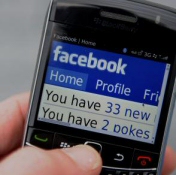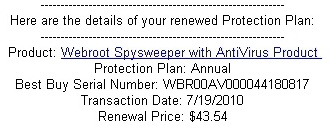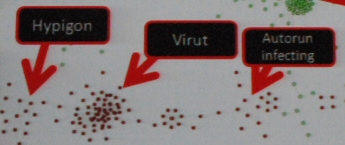 For years, the makers of those snake oil security programs we call Rogue Security Products have spent considerable effort making up new names, developing unique graphic design standards, and inventing backstories for their utterly useless, expensive scam products. Now a new rogue has taken this never ending shell game one step further, releasing a single program that calls itself one of five different names, depending on what button an unfortunate victim clicks in a highly deceptive dialog box. Let’s call it what it really is, though: A malicious play in five acts.
For years, the makers of those snake oil security programs we call Rogue Security Products have spent considerable effort making up new names, developing unique graphic design standards, and inventing backstories for their utterly useless, expensive scam products. Now a new rogue has taken this never ending shell game one step further, releasing a single program that calls itself one of five different names, depending on what button an unfortunate victim clicks in a highly deceptive dialog box. Let’s call it what it really is, though: A malicious play in five acts.
The rogue’s delivery method, or Act 1 in this melodrama, is no different from the many we’ve seen in the past 18 months which use a Javascript-enhanced Web page to convince viewers they’re watching a live malware scan on their computer. This trick is so hackneyed, it’s become the cybercrime equivalent of the dastardly villain in a silent movie tying the hapless woman to a railroad track, then twisting the ends of his mustache for dramatic effect. Does anyone still fall for this?
Only, this time the fakealert delivers a different payload: When the victim runs the rogue executable (named simply setup.exe), Act 2 begins. The rogue displays a dialog box that looks like an alert message issued by Microsoft Security Essentials, cautioning the victim that a legitimate Windows component present on most or all installations of Windows, such as iexplore.exe or cmd.exe, is actually a piece of malware.
The rogue helpfully offers to perform some sort of online scan, and that’s where it gets weird. The rogue pretends to scan the hard drive with 32 different antivirus engines, a-la VirusTotal. The vast majority of them are well known, at least in the security community. But five are new, and it’s those five that merit closer inspection.








































































































